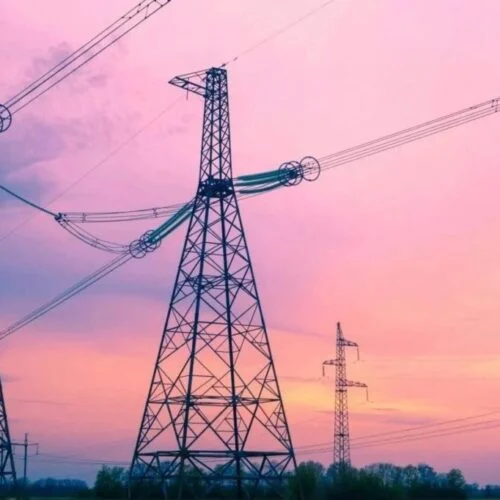SolarEdge Technologies, the smart energy tech arm of solar inverter manufacturer SolarEdge, has launched a solar-powered EV charging solution for businesses.
The SolarEdge ‘ONE for C&I’ includes an EV charger that is powered and controlled by an energy management system the company introduced after the acquisition of Wevo Energy, a software startup specialising in EV charging optimisation and management.
The energy management solution, targeting sites with large quantities of EV chargers such as apartment buildings, workplace carparks and public charging locations, joins the SolarEdge commercial and industrial (C&I) ecosystem for commercial-scale solar and storage solutions.
This enables businesses with SolarEdge solar systems can charge their EV fleet with ‘power-optimised’ solar energy. The company claims that beta customers of the package reported a 70% reduction in EV charging costs as a result of the system.
The ONE EV Charger is designed to maximise both solar self-consumption and use of excess solar. It is available for commercial applications and SolarEdge said that in Q3 2025 it will be for residential, too.
The EV charging solution combines customer-specific EV charging schedules and solar generation patterns with real-time grid electricity prices to autonomously calculate the most economical energy source to charge a fleet of EVs.
This approach to EV charging is not uncommon in the residential sector. Octopus Energy last week announced a new monthly subscription that offers consumers ‘unlimited’ smart EV charging for £30 a month. It schedules charging at times when demand is low and electricity is, as a result, cheaper.
SolarEdge’s new offer finds the cheapest available power source for fleet charging, be that solar generation, battery energy storage, or direct from the grid. In November last year, the company launched the SolarEdge Flexible Grid Services programme in partnership with software provider Axle Energy to allow owners of SolarEdge home battery energy storage systems (BESS) to join a virtual power plant (VPP) network.
SolarEdge CEO Shuki Nir said that, alongside other offerings, the launch of the EV charging technologies makes the company’s offering “an increasingly integrated energy ecosystem”.
Nir added: “The efficient integration of solar energy and public EV infrastructure is an important building block for more cost-effective and sustainable EV charging – after all, an EV fleet is only as clean as the energy that powers it.”
Other offerings in the market that utilise cheaper solar energy for EV charging include 3ti’s Papilio3, which integrates solar generation with EV charging for fleets. Each Papilio3 has three modular canopies that support 36 solar panels, as well as a battery storage capacity of up to 250kWh.
Using a combination of solar and main power, it can fast charge 12 EVs at 7kW, 11kW and 22kW simultaneously.
The UK Department for Energy Security and Net Zero (DESNZ) yesterday (7 May) launched a call for evidence into the benefits of installing solar PV arrays on carparks across the UK, which has a benefit in meeting Clean Power 2030 generation capacity targets as well as its uses in EV charging.






